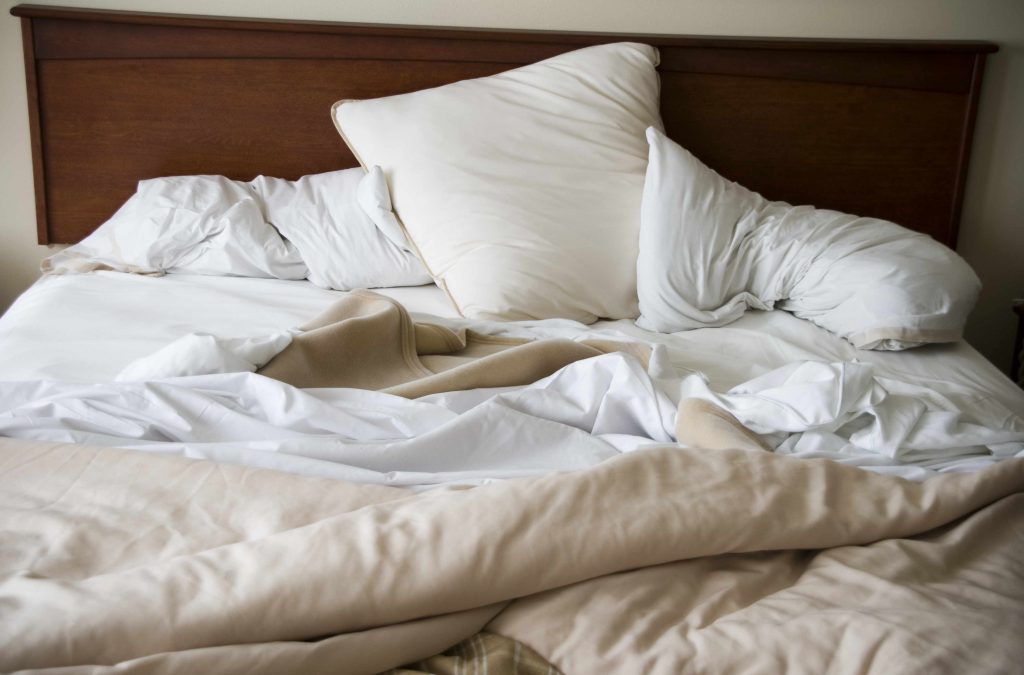
A recent study found that bedbugs, like some other insects, have distinct color preferences. Researchers discovered bedbugs are drawn to red and black and repelled by green and yellow. Mayo Clinic parasitologist Dr. Bobbi Pritt calls the data interesting; adding, it's always good to learn about pests that can infest human habitats. She says awareness about bedbugs is important, especially when you're staying away from home. She answers a few questions for a better understanding about these pesks and how to avoid them.
What are bedbugs?
"Bedbugs are insects that mostly prefer to stay in dark cracks and crevices. They are blood feeders meaning they have to feed on blood to survive. They spend about 10 percent of their time looking for a host, feeding on the host, and then crawling back into the little dark hole." Dr. Pritt adds, "Other animals can also be fed on by bedbugs."
Why people fear bedbugs?
"The primary reason we don't like bedbugs is because they bite us." Plus, she says, "There is the creepy ick factor of things coming out at night and biting us, and some people have very a pronounced response to a bedbug bite. They can get welts where they've been bitten and get itchy lesions."
Do bedbugs transmit disease?
"Even though bedbugs can ingest blood, and blood can contain different diseases, there hasn't been any good evidence to show that anything taken in by a bedbug can actually be transmitted to a human."
How to check for bedbugs.
"When checking into a hotel, always check the mattress. Look for evidence of bedbugs. Pull up the edge of the sheet and look for bedbugs, parts of their body, or feces from where they have been feeding. Keep your suitcase on the luggage rack. An additional step is to keep your suitcase in the bathroom. Don't bring it into the living room or put it on the couch. Keep your belongings in your suitcase rather than scattered around a hotel room where bedbugs can crawl on to them, or lay their eggs."
What happens if you've been exposed to bedbugs?
"There are some things you can do. For instance, in the summer, wrap your suitcase in a bag and leave it outside in the sun. That will kill the eggs. If it is really cold, you could try freezing them." Dr. Pritt concludes, "If you are at all concerned that you may have picked up bedbugs in your travel, do not bring your suitcase into your home. Once you get bedbugs into your house, they are very difficult to get rid of and you'll likely need to call an extermination service."
Watch: Dr. Pitt discusses bedbugs
Journalists: Broadcast quality sound bites with Dr. Pritt are in the downloads.







